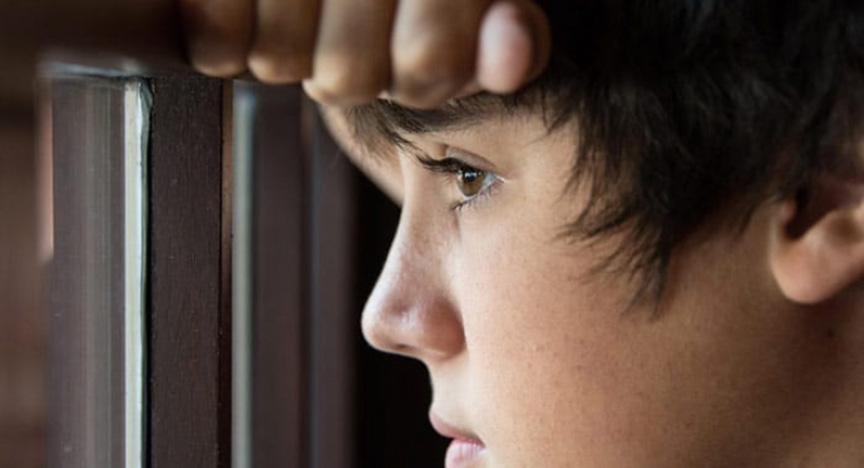
Children and young people typically use substances for similar reasons that adults do. This can be because of anything from enjoyable taste to relief from physical or emotional pain, relaxation, increased confidence or fitting in socially. Most teenagers like to experiment, rebel and take risks, and alcohol or drug use might be a way for your child to express this.
People who are coping with mental health problems such as depression, anxiety, grief, stress or past trauma might be more likely to use substances to cope with painful thoughts and emotions. This could potentially cause an increased risk of developing a more dependent pattern of substance use.
Use of alcohol and other drugs are likely to worsen mental health problems and affect physical health, school performance and relationships with friends and family. The developing adolescent brain is very sensitive and can be impacted by even small amounts of alcohol or other drug use. The younger a person starts using alcohol or other drugs, the more susceptible they are to developing problems and dependence later in life.
Adolescence in particular can be tough on a parent because your child is going through big changes and you may not feel as close to them as you used to. There may be times that your child displays certain behaviours that cause you some concern. This could include mood swings, changes in friends, desire for privacy, or less involvement with family. These behaviours are all typical of teenagers, so how do you know if these are signs of alcohol or other drug use? It’s important that you know how to identify signs of alcohol or other drug use and intervene as early as possible. After all, parents are often the first to notice when something is not quite right.
Signs of drug and alcohol use
- Unexplained need for money
- Disappearing money and valuables
- Frequent absences from school/work
- Declining school/work performance
- Mood swings and tiredness
- Explosive outbursts
- Minimal interaction with family
- Changes in eating habits
- Sudden changes of friends
- Withdrawing socially
- Trouble with the police
If you are worried that your child might be using substances, think carefully before you search their room for evidence. Though it may be tempting to search their personal belongings, it can break down the trust between you and your child, creating feelings of suspicion and anger. Instead, try talking to them by using some of the following strategies to approach the situation:
- Pick the right time — It’s important to wait until you have “cooled off”, and your child isn’t intoxicated or tired.
- Talk to them about their motivation behind using alcohol and/or drugs. Ask them how it feels and why they are doing it. It’s easy to be judgmental and accusing, especially when you’re worried and upset, but try to stay calm.
- Assure them that you are concerned about their wellbeing, and explain the risks of alcohol or other drug use. It’s important to let your child know that you would like support them. Give practical examples of what behaviours you have noticed and why they concern you. For example, “I’ve noticed that your moods have been really up and down and I’m worried that substance use might be contributing to this”.
- Calmly let them know how you feel about substance use. For example, disappointment, fear, anger, frustration, or worry. Explain that their brain will continue to develop until their mid-twenties, and that they are at a higher risk of harm than an adult.
- Be informed. You will have much more credibility with your child if you have done your own research about alcohol and other drugs. Personalise this information to your child and see if they can make a link between this information and how it might apply to them. It’s better to do this rather than give a blanket messages of “all drugs are bad”.
- Talk to your child’s teacher and ask how they’ve been doing at school. Decreasing academic performance, behaviour issues, absences and other problems can signify your child is experiencing difficulties that need attention. Their teachers might also have some insight into their social life at school, who they spend their time with and whether their friendships are of concern.
Seeking help
Many children and young people use substances in an experimental way and it can be difficult to figure out when you may need to seek specialist help. It’s important to remember that even experimental use can carry risk and your child might not be able to accurately predict how a substance will affect them.
You should seek help if your child’s use of alcohol or other drugs is having a significant impact on important areas of their life, such as their physical or mental health, family or peer relationships, work, school, financial or legal. Support is available for children and young people with drug and alcohol problems. It’s best to talk to your local general practitioner (GP) who may be able to refer you to drug and alcohol support services in your area. Your GP can also be an ongoing source of support to you and your child.
Useful websites and phone numbers
The Alcohol and Drug Information Service (ADIS) 1800 177 833
Parent Line 1300 301 300
Family Drug Support 1300 368 186
Hot House 3837 5633
Clarence Street 3163 8400
Parenting Strategies
Headspace